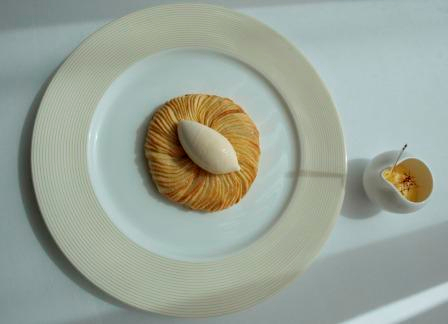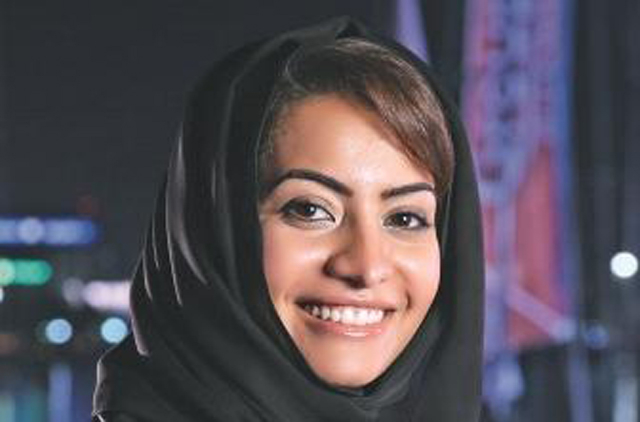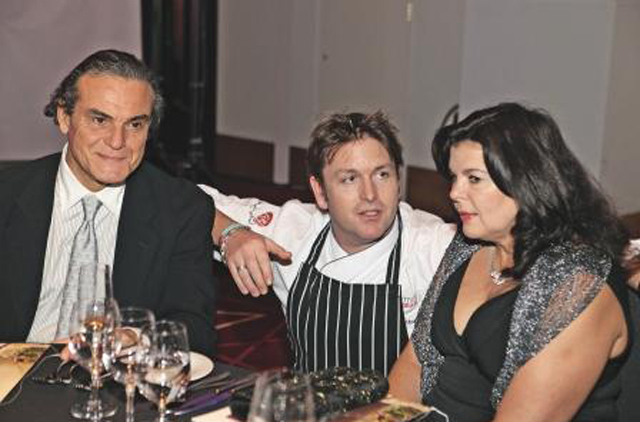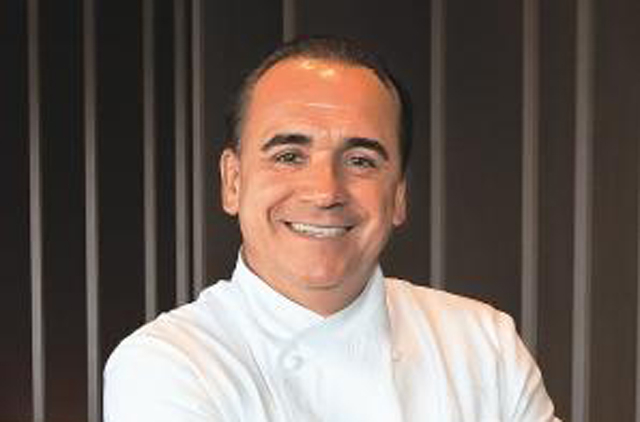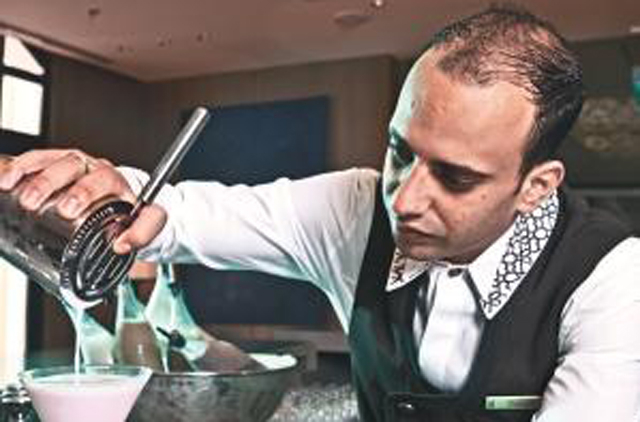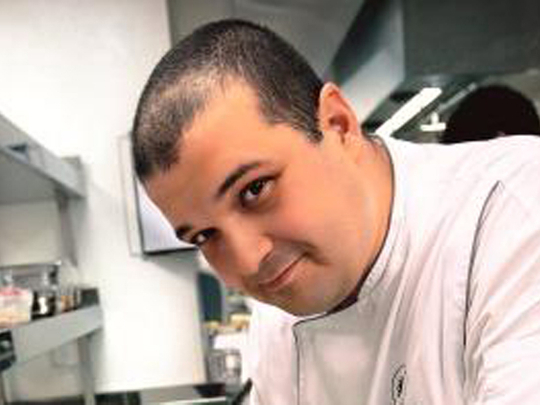
After an eight-course lunch, it’s no wonder the Spanish need a siesta. The food, though, is totally worth not returning to work for. The degustation menu at Antonio Saez’s new Abu Dhabi restaurant features both classics and new wave delights. Crisp, soft paella that is merely the thickness of a single grain of rice shares the bill with a fantastic dish of slow cooked organic eggs with air-dried beef and chickpea soup. With the yolks hot but still liquid, this lot of jaded diners goes off into raptures, promising to bring their wives and significant others around for a personal experience.
The real story, though, lies in the fact that Saez is in Abu Dhabi at all. The 34-year-old Barcelona native, who has worked with culinary legend Ferran Adrià and is a fan of his molecular gastronomy, threw up two Michelin stars to launch Catalan at the new Rosewood Abu Dhabi on the Al Maryah Island development.
“To be honest, I didn’t know where Abu Dhabi was — I had to check Google,” Saez tells me over dessert, a gluten-free triumph of peanuts, white chocolate and vanilla mousse. Many expatriates who moved here in the wake of the financial crisis have the same response, but they came anyway for the sizeable tax-free salary and cheap petrol. More than that, Saez says he has had the opportunity to learn about a different side of the business while spending time with his wife and children in a city that is fast becoming the Middle East’s go-to hotspot for foodies. “Abu Dhabi is one of the places to be at this moment. It is becoming famous day by day,” Saez says.
As plans laid several years ago bear fruit, Abu Dhabi is having a bit of a moment, emerging as a lifestyle and food capital. A branch of the Louvre is to open in 2015, while its ten-year-old airline, Etihad, has helped redraw the world’s aviation map. The emirate is promoted on New York taxicabs, and is home to the headquarters of the international renewable energy agency. In high-octane terms, it has often been outshone by activities at its more glamorous sibling to the north. Dubai, with its concentration of international brands, home-grown franchises and sporadic Food Network-style shakeouts, is more usually seen as the region’s leisure and culinary destination.
Yet, it is Abu Dhabi that has managed to lure the first Michelin-star chef to move lock, stock and blender to the Emirates. “You can expect to see a lot of new initiatives in the coming months,” says Noura R. Al Dhaheri, Leisure Products Development Manager at the Abu Dhabi Tourism and Culture Authority (ADTCA).
Al Dhaheri spearheads Gourmet Abu Dhabi, a government initiative to bring the world’s best chefs to the UAE over a fortnight each February. The first instalment in 2009 featured 15 international chefs at six restaurants and brought in 4,671 visitors. This year, 6,617 visitors came to 22 venues to interact with 24 chefs. Over the years, those who’ve cooked and conquered include James Martin, Charlie Trotter, Heinz Beck and Tetsuya Wakuda. “We started Gourmet Abu Dhabi to position the emirate as a fine food destination, to bring different kinds of cuisine to the city,” Al Dhaheri says.
It’s certainly borne fruit. Food and beverage revenues across the emirate’s restaurants are on track to nearly double 2009’s Dh1.3 billion. For the first five months of 2013, revenues touched a record Dh908 million, according to ADTCA data. Until May 31, F&B revenues at the emirate’s 146 hotels and hotel apartments grew 15 per cent during the same period in 2012.
Early mover restaurants also report improved business. Marco Pierre White Steakhouse & Grill at the Fairmont Bab Al Bahr was one of the first celebrity-endorsed restaurants in the capital. Business has flourished in the four years it has been open, says Raki Phillips, Area Director, Sales and Marketing, Fairmont Hotels & Resorts, UAE. “Over the last few years, the Abu Dhabi diner has become more knowledgeable, more discerning and savvier. This is definitely owing to the fact that the dining scene in the capital has flourished and is fast becoming world class,” he says.
Catalan reopens after Ramadan. Joining it on Al Maryah Island are new outposts of New York City’s Magnolia Bakery and London’s Zuma, both presently already in Dubai, as well as a new Indian restaurant at Rosewood, to be run by a chef from London eatery Chutney Mary. Also just seating diners is The Forge, a steakhouse at The Ritz-Carlton Abu Dhabi, Grand Canal.
And by December, British TV chef Gary Rhodes’ new eatery at the St. Regis Abu Dhabi, Rhodes 44, should have opened its doors too. But the next major development will be in early 2014, when the capital welcomes Market Kitchen, a creation of the three-Michelin-starred, New York-based Frenchman Jean-Georges Vongerichten. The restaurant, at Le Royal Meridien Abu Dhabi, will be the first Vongerichten restaurant in the UAE and will serve international cuisine that uses seasonal market produce, General Manager Shaun Parsons said in a media handout.
But the emirate isn’t simply importing international concepts. Al Dhaheri says the next step will be opening a restaurant that showcases local food, probably with the Emirati Chef Khulood Atiq. “We want to highlight the UAE,” she says. If the emirate’s success at marketing itself is any indication, UAE food could well be the next international food trend.
That should delight Saez, who’s hoping to use his time here to learn about Arabian and Emirati food. “I don’t think the market’s ready for molecular gastronomy yet,” he says when I ask why he isn’t showing off what he learnt from Adrià. “In a year’s time, though, that could be a different story.” Molecular gastronomy goes Emirati? We’re salivating already.


